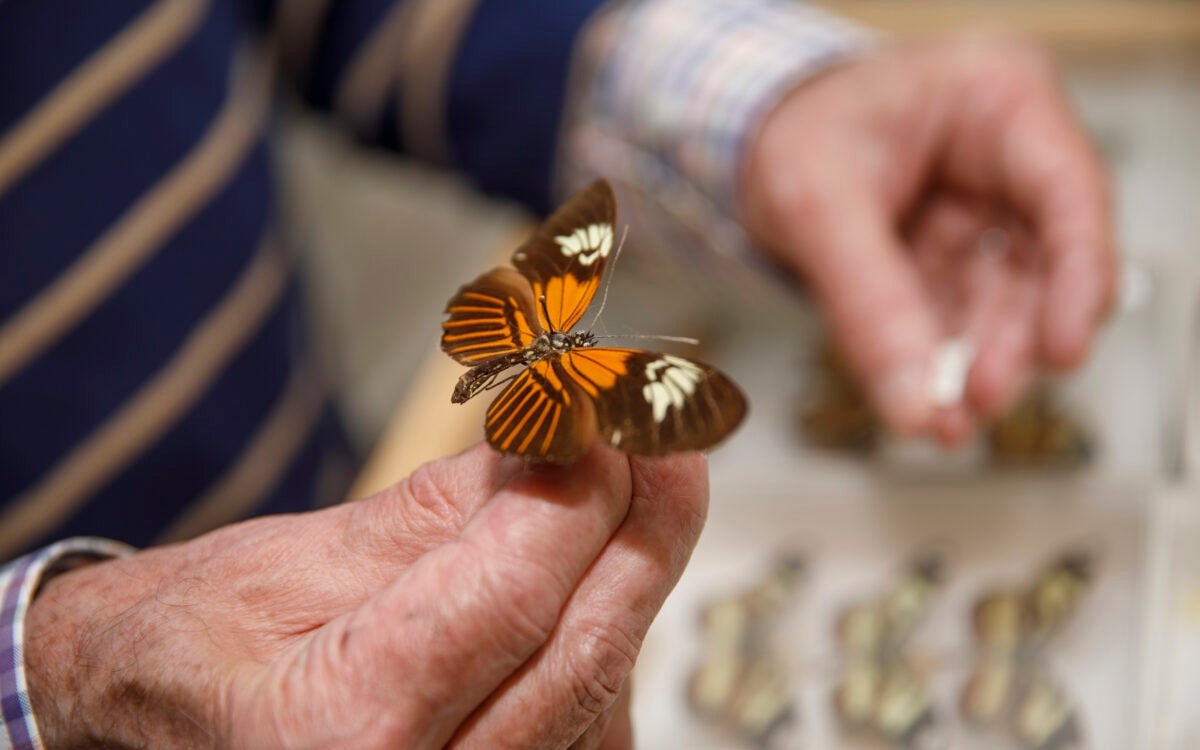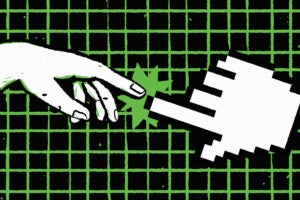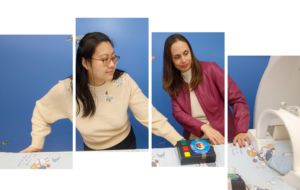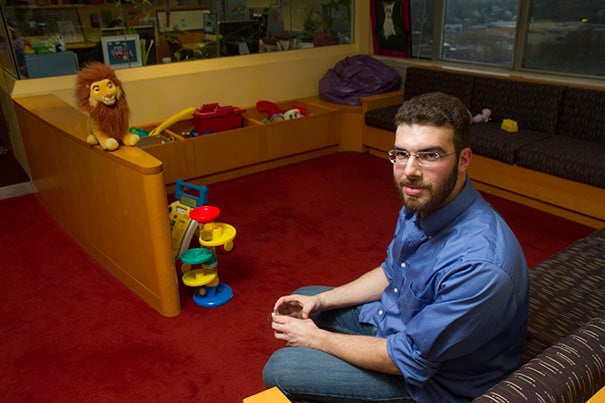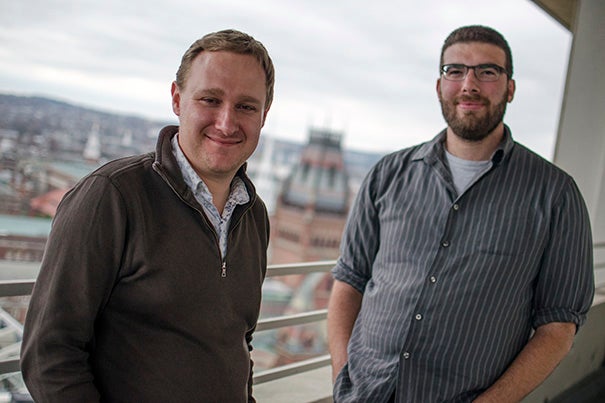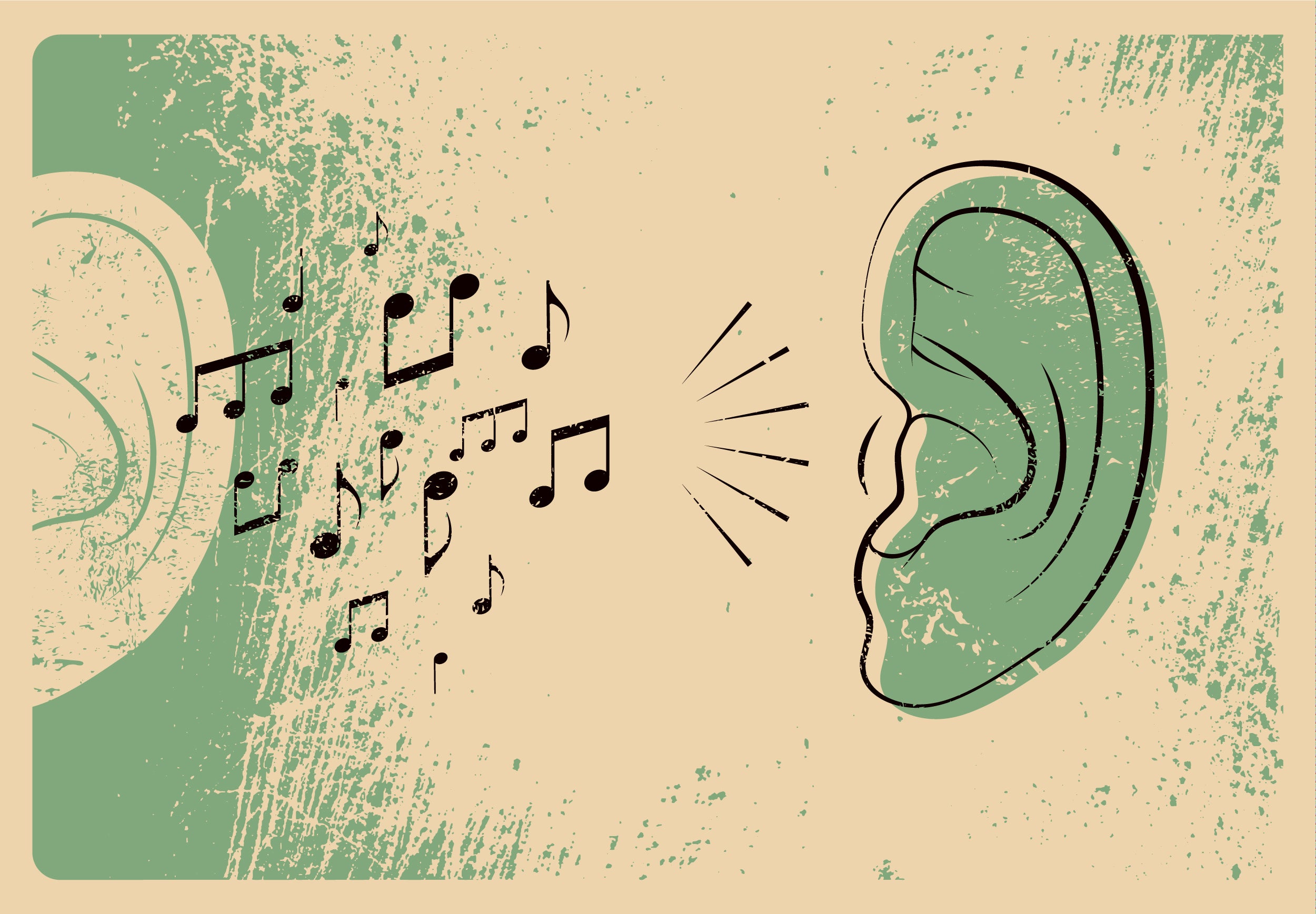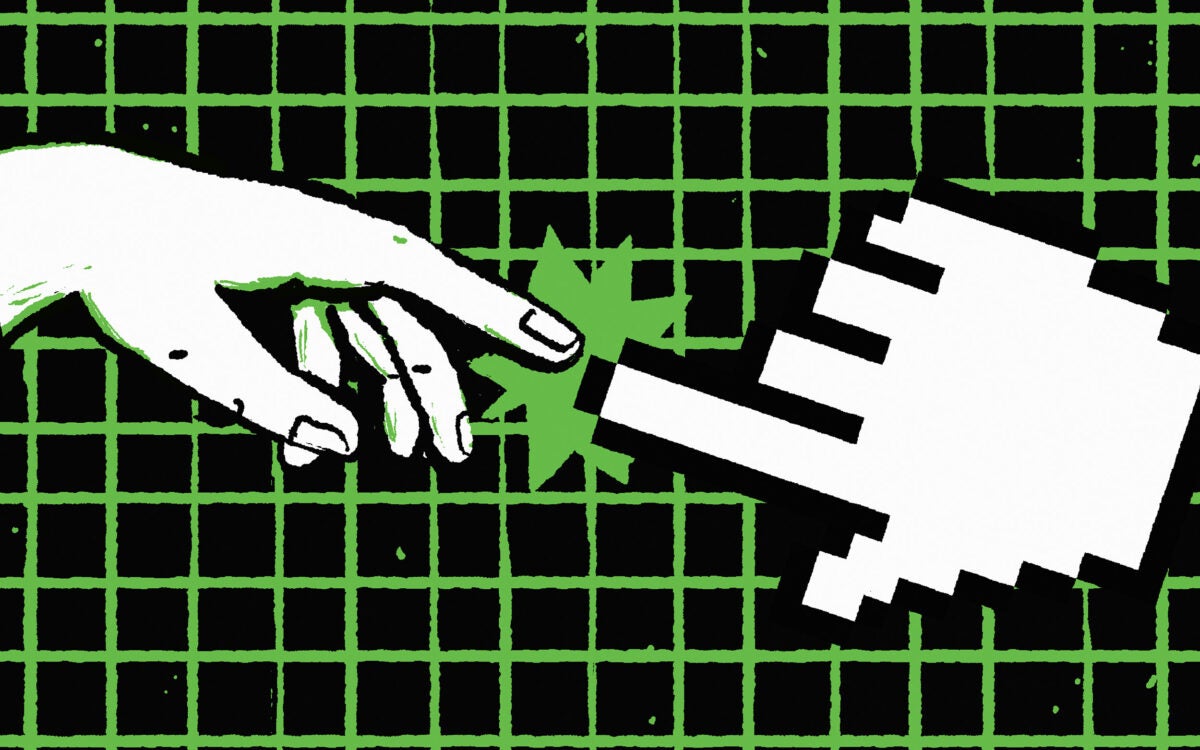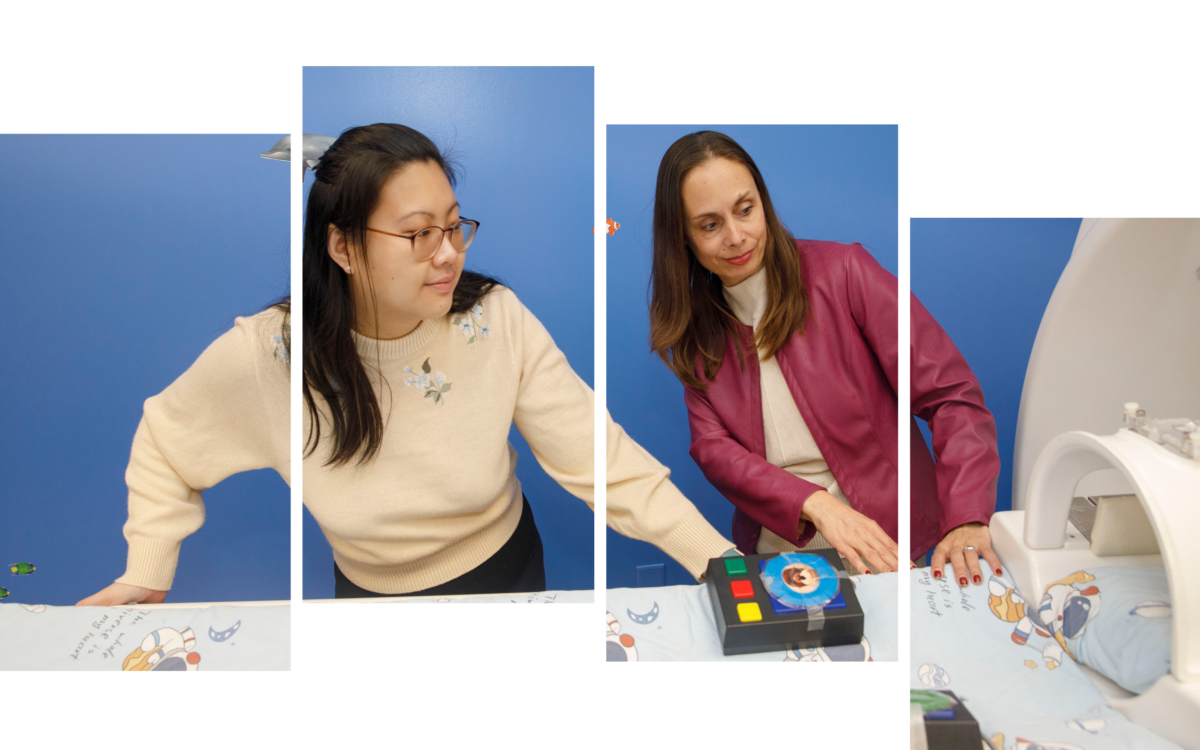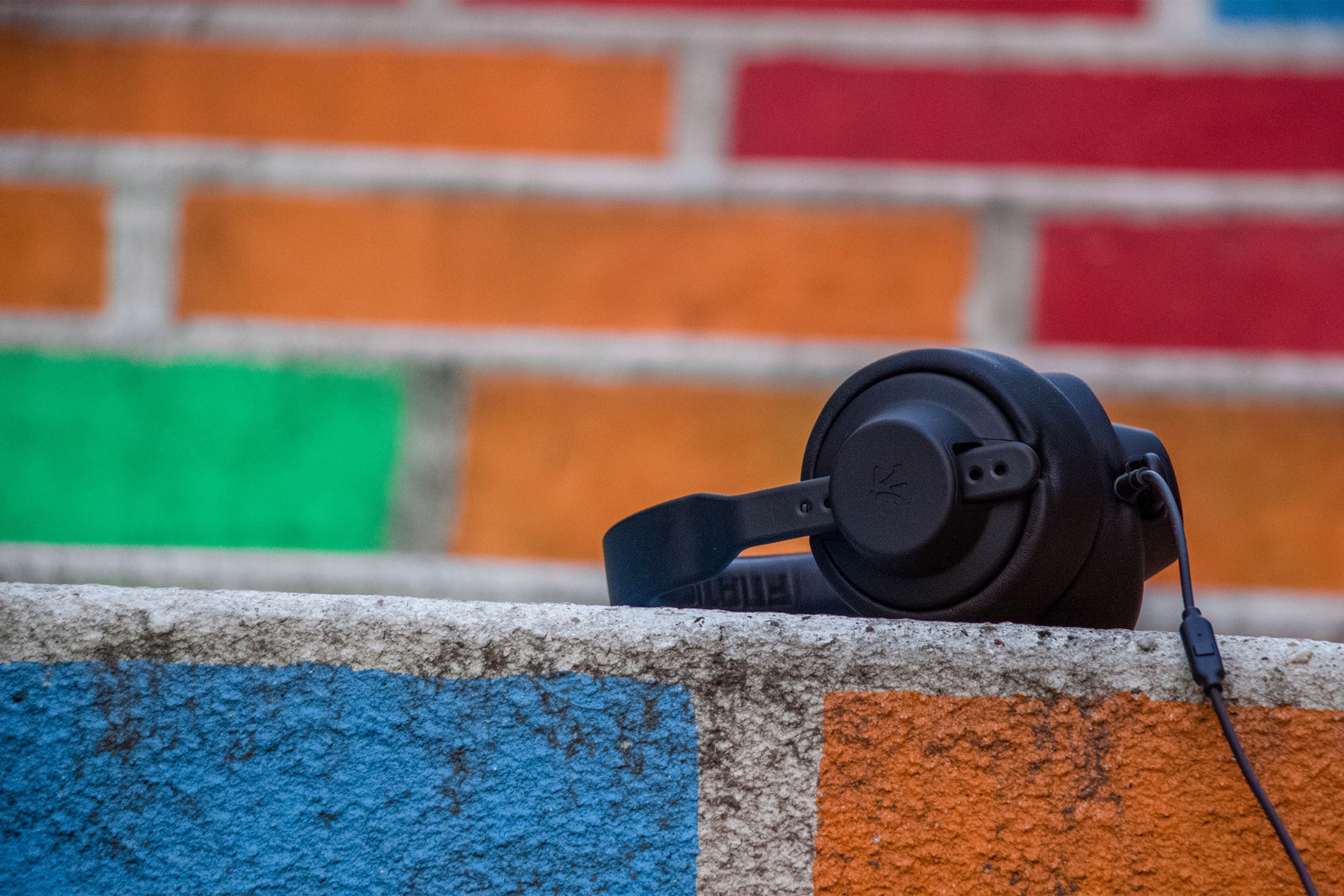
Matthieu A/Unsplash
Playing our song
Online Music Lab studies questions of melody and humanity
Samuel Mehr has long been interested in questions of what music is, how it works, and why it exists — and he’s turning to the whole world for help in finding the answers.
A fellow of the Harvard Data Science Initiative and Research Associate in the Psychology Department, Mehr is the director of the Music Lab, an online, citizen-science project aimed at not just understanding how the human mind understands music, but why music is a virtually ubiquitous feature of human societies.
“For the last few years I had wanted to get into this citizen-science space,” said Mehr. “There are all sorts of problems — not just in psychology but across all the sciences — of issues in the reliability and reproducibility of scientific results. One way to try to fix these issues is to collect huge amounts of data on the Internet. We can get many more participants than we would from people showing up to the lab in person, and because we study music, our studies are something people are excited to do online.”
The idea for the online project in part grew out Mehr’s earlier research that explored the link between musical form and function.
“When The New York Times did a piece about that paper, they included a short quiz where people could listen to an audio clip, guess that it was a lullaby or dance song, get a point if they were right, and then learn a bit about the song,” he said. “That is exactly the idea for how our citizen-science projects work — you do an experiment that feels more like a game than like research. We’re testing a scientific hypothesis — in this case, the link between form and function in music — but the participant is also getting something fun out of it. They get a score; they learn about the songs they’re listening to; and they can compete with their friends.”
That test, dubbed the World Music Quiz, was the first game developed for the site, Mehr said, and has proven successful online, racking up nearly 36,000 players thus far.
And for each, the site gathers more than a dozen other data points, ranging from standard demographics like age, gender, native language, and nationality, to how much visitors enjoy music, whether they’ve taken music lessons, whether their parents sang to them when they were little, and even whether they are taking the test using headphones.
“I don’t think web-based citizen science is a panacea, but it opens up questions that used to be really, really hard to test, letting us focus more on the scientific ideas we’re interested in rather than solving methodological problems that are limiting them,” said Samuel Mehr.
Photo by Silvia Mazzocchin
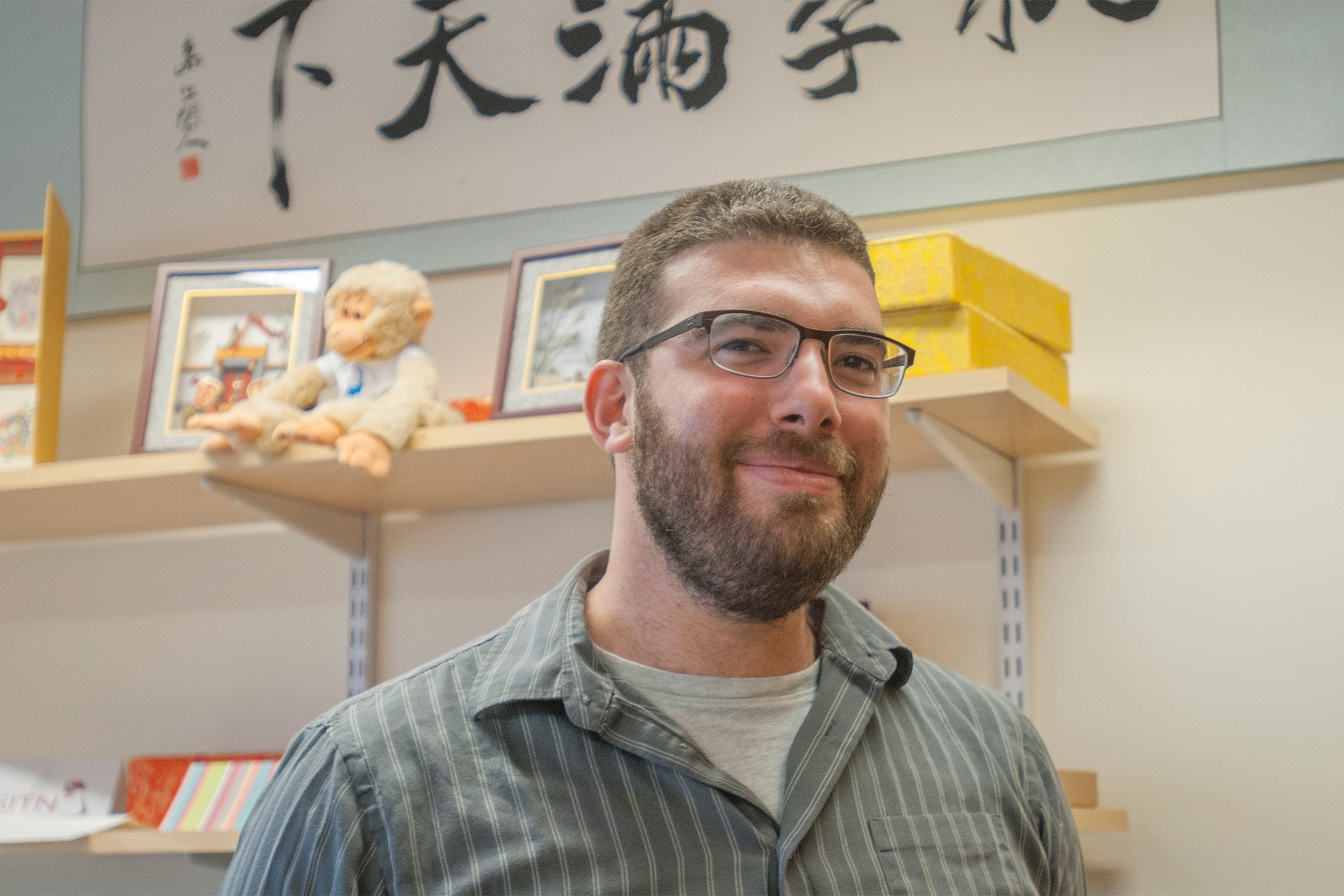
“The idea is to collect as much data as possible from everybody — even things that nobody thinks much about, like whether you listen to a lot of music or not — simply because we don’t know, a priori, what all the research questions are we’re going to want to ask using this data,” Mehr said. “And because some of those data points are common across the six games we have now, there are some really interesting site-wide data sets that come out of this. For instance, we always ask participants if they have any health conditions, building a data set to study how music and health are related.”
While the World Music Quiz is designed to test a specific question, other games on the site — like a test for tone-deafness, by far the site’s most popular — are designed to gather data on people’s musical abilities, with an eye toward future research.
“That’s a test I developed as a grad student in a completely unrelated research project. We needed a measure of tone deafness or pitch perception that was short and that would work with kids,” Mehr said. “Tone deafness isn’t a major focus of my lab at the moment, but we realized we had already developed a quick tone-deafness test, so we thought it was something people on the Internet would enjoy. It took us about two days to get the first version online.
“One cool thing we can do with online tests like this, even if they’re not asking a specific research question, is to recruit a very specific population,” he continued. “It’s really hard to study tone deafness in the lab, because most people aren’t tone deaf: It takes a long time to find enough people to study. So at the end of our tone-deafness test we ask participants if they want to do a follow up study in the lab. Thousands of participants have signed up so far, which could set up the largest study ever of tone deafness — and also open up new questions, like doing genome-wide association studies of musical abilities.”
Ultimately, Mehr said, the power of online projects like the Music Lab lies in their ability to dramatically increase the scale of what is possible in a traditional, brick-and-mortar lab.
“Often, in psychology, the kind of questions we want to ask are limited in part by the pragmatics of what we can do,” he said. “I don’t think web-based citizen science is a panacea, but it opens up questions that used to be really, really hard to test, letting us focus more on the scientific ideas we’re interested in rather than solving methodological problems that are limiting them.”
